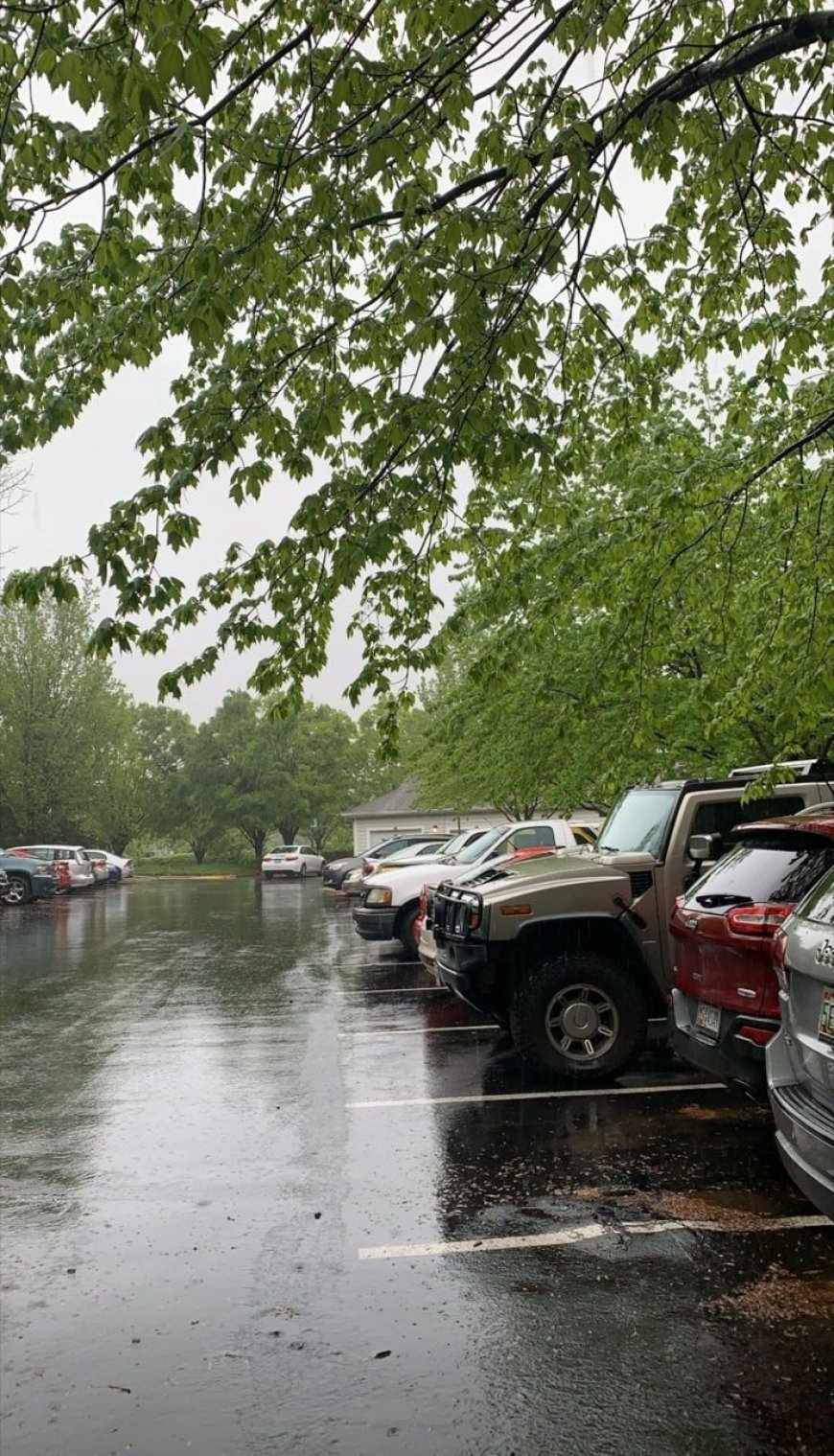Rail travel and football affected by heavy rain
#rains #heavyrains #floods
Heavy rain has hit road and rail travel in parts of north and north-east Scotland.
Flooding has badly affected some roads in and around Peterhead, and Aberdeen FC's pre-season friendly in the town has been postponed in the interest of fans' safety.
Network Rail Scotland said train speeds would be reduced on short sections of the Perth to Inverness, Dundee to Aberdeen and Aberdeen to Inverness routes until 07:00 on Thursday following an "extreme rainfall forecast".
BBC Scotland Weather said data gathered from weather stations suggested almost a month's worth of rain had fallen around Peterhead and Fraserburgh.
The Met Office has issued a yellow "be aware" warning for heavy rain for parts of Aberdeenshire until 04:00 on Thursday.
The area covered by the warning could see accumulations of 25mm to 40mm, and up to 60mm over high ground.
Network Rail Scotland said slowing down train speeds was done for safety reasons.
It said: "This will extend journey times, which we know can be frustrating, but these decisions have been taken to help keep everyone safe.
"Our team monitor the forecast in real-time, so if we’re able to remove these sooner than tomorrow morning, we will."
Why has it been raining so much?
9 July 2024
Why Scotland has been left in the cold this summer
4 July 2024
Peterhead FC said it was disappointed to have to postpone its friendly against Aberdeen.
The club said: "Unfortunately our optimism from this morning was short-lived as we have now had to make the difficult decision to call this game off.
"Although the pitch has held up well, the surrounding roads are now flooding and therefore a safety hazard for fans.
"This is not something we thought we needed to be concerned about in July and apologise to all those who may have already set off for this match."
BBC Scotland Weather said data gathered from weather stations around nearby Fraserburgh suggested almost a month's worth of rain had fallen during Wednesday.
Why has it been so wet?
Unsettled conditions dominated the weather in June and again in July, so far.
The average mean temperature for June was 12.9C, which was 0.4C below the long-term meteorological average.
Also, northern Scotland recorded above average amounts of rainfall. It had 122mm of rain, 32% more than its average for June.
It was cold enough in early June and July for snow to fall on some of Scotland's highest mountains.
The weather has been affected by the position of the jet stream, a strong current of air in the upper troposphere, about five to seven miles above the Earth's surface.
It has been in a west to north-westerly orientation across the North Atlantic, resulting in Scotland often being either under, or more commonly, on the cold side of the jet stream









